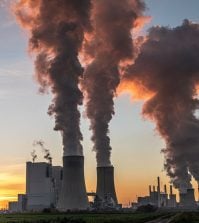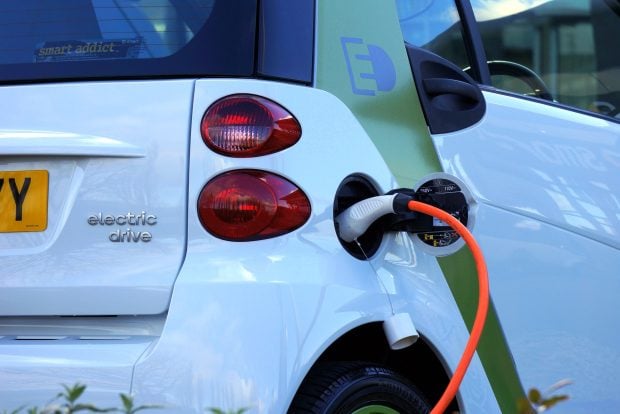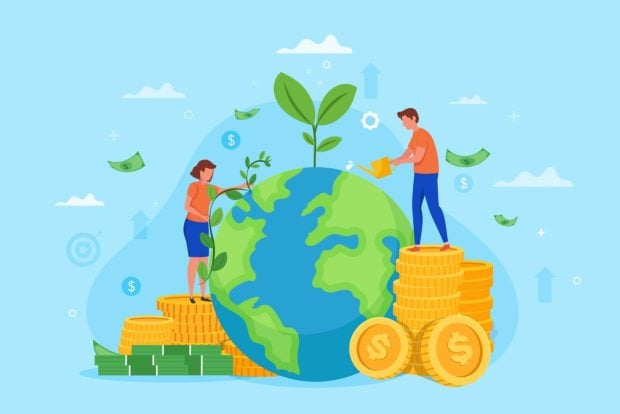Today’s headlines, tomorrow’s to-do list: key takeaways from the G7 for civil servants

The G7 leaders met in Cornwall last week, with an agenda dominated by the COVID-19 recovery. What tasks are likely to end up on officials’ desks? Karen Day reports on the communiqué
In what was billed as one of the most important summits for decades, the G7 countries met in Cornwall last week with an agenda dominated by the COVID-19 recovery.
While some commentators have criticised the outcomes as possibly more rhetoric than action, the agreements are likely to wind up in the in-trays of officials across the world. And with pledges on vaccines, economic recovery and sustainability all featuring prominently, there will be plenty to keep policymakers busy.
With that in mind, we have rounded up some key themes from the communiqué for civil servants.
COVID-19 vaccines
The G7 dubbed its agreement “our shared agenda to build back better”. At the top of the agenda was a pledge to end the COVID-19 pandemic by boosting international efforts to increase vaccine rates across the world.
In recognition of “the urgent need to speed up the delivery” of vaccinations, the G7 will share at least 870 million doses over the next 12 months. Along with commitments from a meeting in February this year, this totals one billion doses, the document notes. It expects over half of these will be delivered by the end of 2021, with most of them expected to go to Covax, the World Health Organisation body that is co-ordinating access to vaccines for lower-income countries.
The communiqué also noted that US$8.6 million has been committed to finance the procurement of vaccines since the start of the pandemic. The G7 said its financial commitment plus dose-sharing will take it up to providing two billion doses. “We will work together with the private sector, the G20 and other countries to increase this contribution over the months to come,” it added.
But the WHO’s director general, Dr Tedros Adhanom Ghebreyesus, said more effort is needed. “Many other countries are now facing a surge in cases – and they are facing it without vaccines. We are in the race of our lives, but it’s not a fair race, and most countries have barely left the starting line,” he said.
Indeed, Covax said it faces an urgent supply gap and is focused on securing as many doses as it can immediately. It said it will work with the G7 and other countries to speed up delivery to bridge the gap and minimise the prospect of any more variants emerging.
Covax also warned that in the third quarter of this year, the gap between “delivery and countries’ ability” to absorb doses will be at its greatest. It urged world development banks to start releasing funding now to help lower-income countries prepare their health systems for vaccine rollouts.
The G7 also agreed to increase its surveillance of the virus’ development by completing genome sequencing of at least 10% of all new positive COVID-19 samples and sharing the data.
Building back better
On the economic recovery, the G7 said it will continue to build on the US$12 trillion support package already in place. “We will continue to support our economies for as long as is necessary, shifting the focus of our support from crisis response to promoting strong, resilient, sustainable, balanced and inclusive growth into the future,” it said.
Once the recovery is “firmly established”, it added, attention will switch to ensuring the “long-term sustainability of public finances.” Green and digital transformation will be at the “heart” of the recovery, boosting productivity and creating jobs while cutting emissions as countries aim for net zero carbon targets by 2050.
The G7 is also determined to “level up” economies so “that no geographic region or person, irrespective of their gender, age, disability, ethnicity, sexual orientation or economic status, is left behind”, the communiqué said – recognising that this has not been the case in recoveries from previous crises.
Members also reaffirmed their commitment to the Paris Agreement on climate change, but stopped short of setting a deadline to phase out support for carbon-intensive fossil fuels. They did commit, however, to ending any “new direct government support” for thermal coal power generation by the end of this year.
Activists were scathing on the summit’s lack of concrete action on climate change. “This summit feels like a broken record of the same old promises,” said John Sauven, executive director of Greenpeace UK. “There’s a new commitment to ending overseas investment in coal, which is their piece de resistance. But without agreeing to end all new fossil fuel projects – something that must be delivered this year if we are to limit dangerous rises in global temperature – this plan falls very short.”
The G7 also committed to improving gender equality, with a target of getting 40 million more girls into education by 2026 in low- and lower-middle income countries. This pledge included US$2.75 billion for the Global Partnership for Education.





















